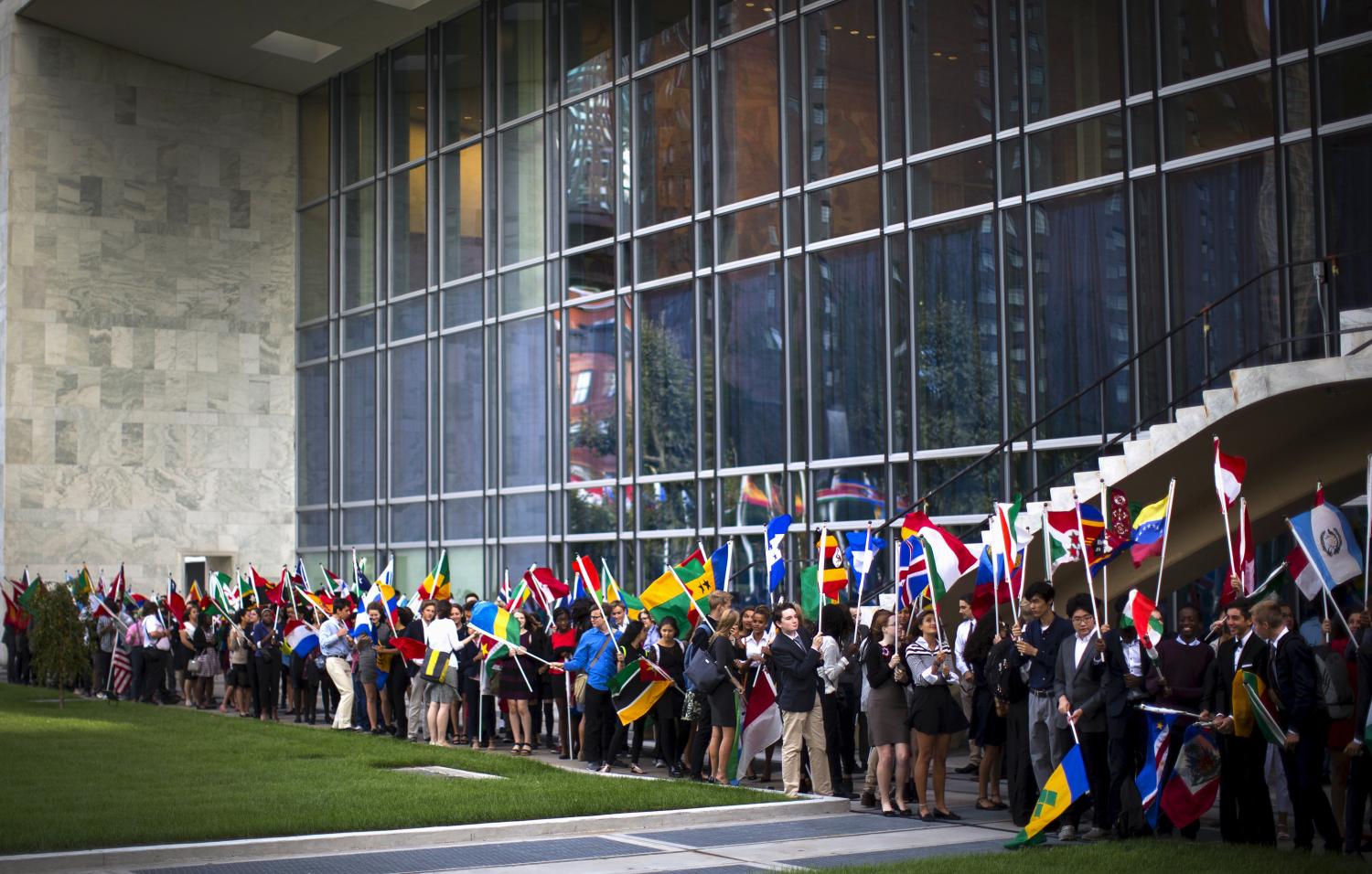Abstract
The IMF and the World Bank were created in 1944 to be at the center of a sound and dynamic international financial system. They have not adapted well to far-reaching changes in the global economy over the past twenty years, and are now poorly equipped to tackle the challenges that lie ahead. Their antiquated governance structures have undermined their legitimacy. Overlapping responsibilities have fostered confusion about their roles.
The United States is the principal obstacle to re-positioning these institutions to strengthen the global economy and extend its benefi ts to all nations. An initiative by the next President to develop fresh mandates for the IMF and World Bank could be a low-cost, high-impact element of a new foreign policy designed to move the United States from being a stumbling superpower to being a trusted global partner. Steps to visibly differentiate the two institutions, including moving the headquarters of the World Bank to Europe, could help each one become more effective.
The Brookings Institution is committed to quality, independence, and impact.
We are supported by a diverse array of funders. In line with our values and policies, each Brookings publication represents the sole views of its author(s).




